Fair Fare Homophones Sentences Login pages Info
/Getty_fair_and_fare-38593979-57afc0e85f9b58b5c235346f.jpg)
Fair and Fare Commonly Confused Words
Fair is a term that can be used as an adjective, noun, or adverb. As an adjective, fair can mean just and unbiased, or pleasing in appearance. For example, "The judge made a fair decision" or "She has fair skin." As a noun, fair can refer to an event or gathering where goods are sold or exhibits are displayed.
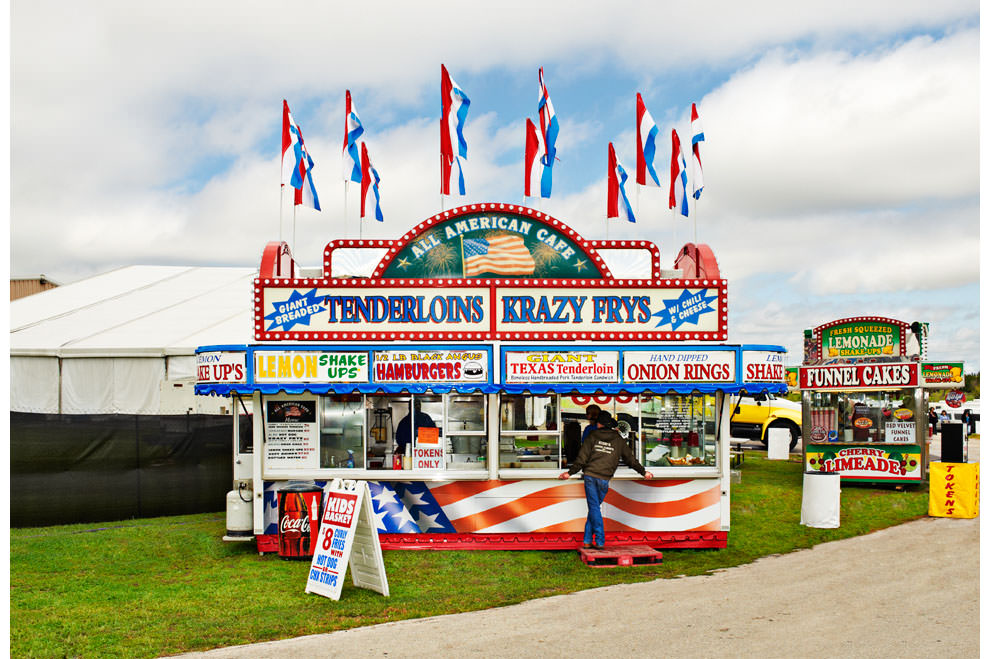
Fair Fare « craig washburn pictures
If a person goes to a fair, it typically is out in the open-air. Both fair and air contain the letters air. Also, fair means without bias. Both fair and bias contain the letters a and i. Alternatively, fare can refer to a diet, travel, or price of a ticket. Fare, diet, travel, and price all have the letter e, while fair does not.

Church Calendar Armenian Apostolic Church of Holy Resurrection
The noun fair generally refers to a large public event at which there are various kinds of competitions, games, rides, and entertainment. Peculiar to American English, fair is the name for an event at which farm products and farm animals are shown and judged.

Fair Fare on the Square Returns to Garland Focus Daily News
Breaking down "fair" vs. "fare" can be challenging since each word has a range of different meanings. Gain understanding and use the right one in your writing.

Fare vs Fair Difference Between Fare vs Fair, How to Use Fair and Fare? A Plus Topper
Fair and fare are homophones. Homophones are two or more words that are spelled differently but have the same sound. Homophones can cause confusion because the only thing that separates them (other than what they mean) is their spelling, which means spelling matters even more than usual.

Fair fare bigger is better! WTAX 93.9FM/1240AM
What is the difference between fair and fare?. The word fair is primarily an adjective or noun that we use to describe something pleasing, favorable, just, or light-colored. For instance, someone might have "fair hair" (blonde, fine), or we might say someone is a "fair judge of character" (good, reasonable). English speakers sometimes mistake fair for the verb fare, which Garner's.
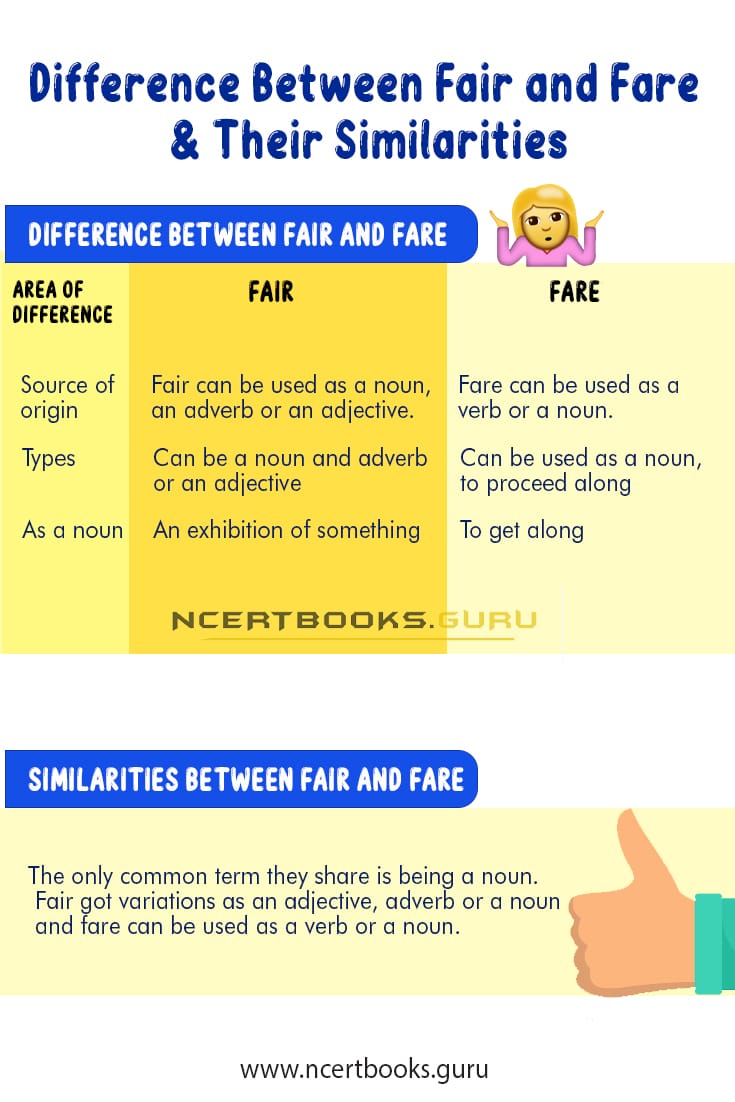
Fair Fare Homophones Sentences Login pages Info
"Fair" describes someone or something that is pleasing and attractive as well: The knight hoped to draw the attention of a fair maiden. The adjective is also used to describe something of a moderate condition or a moderately large amount: Though the house was old, it was still in fair shape.

Fair Fare « craig washburn pictures
Navigating the English language can sometimes be like walking through a linguistic maze, not least because of homophones—words that sound the same but have
Fresh & Funky Fair Fare Counting Down the Most Outrageous Finds!
As an adjective it means of pleasing appearance, especially because of a pure or fresh quality; free of clouds or storms; in accordance with rules and standards; and moderately good, satisfactory. For example, She can't be out in the sun long due to her fair skin. With fair skies and a cool temperature, today will be a great day for golf.
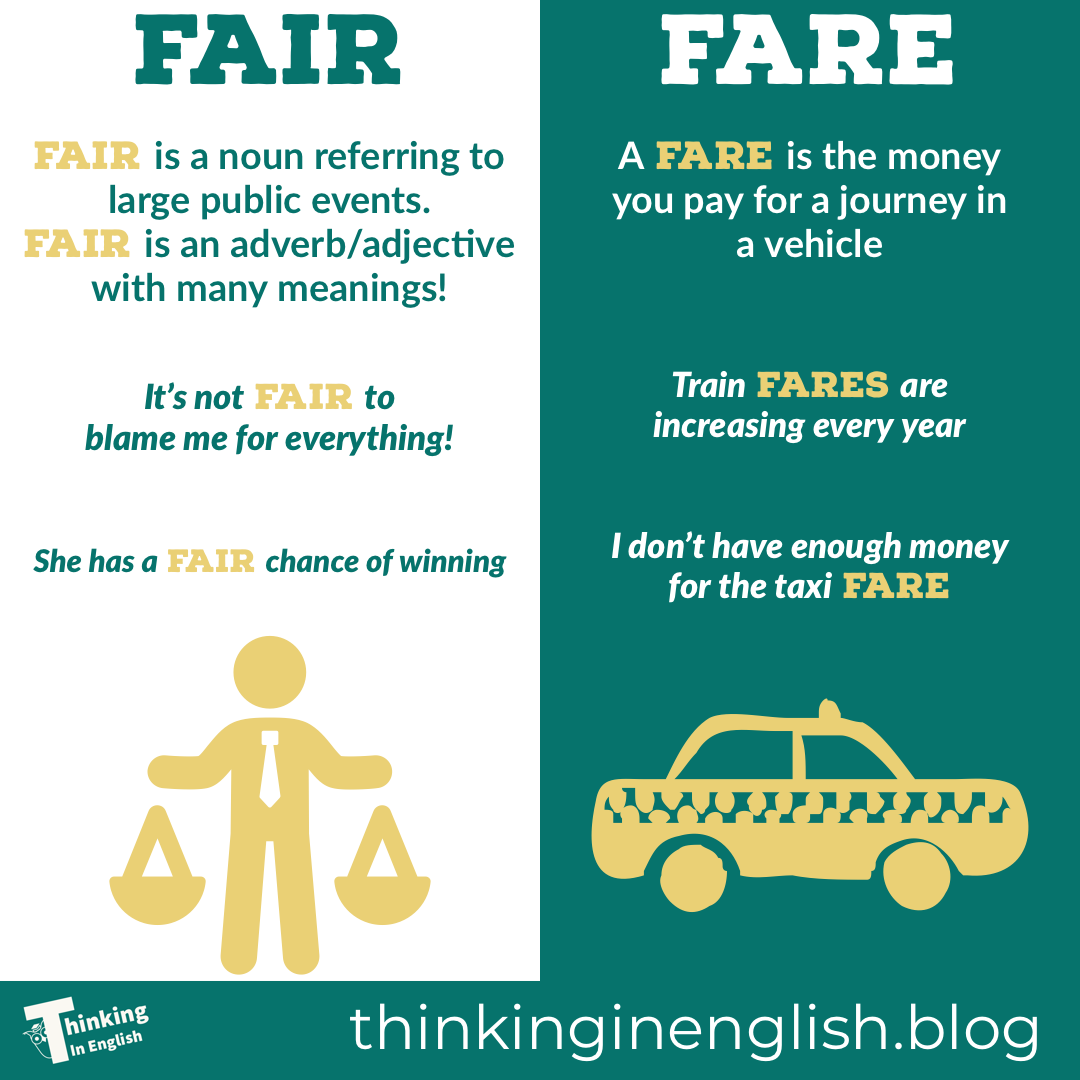
Fair vs Fare Confused) Thinking in English
Fair enough. Fair is fair. Not fair. Fare. Fare doesn't have as many definitions as fair, but it can still be used in multiple ways. First, fare is a verb that is used to describe how someone gets along or performs in a specific way. Fare can also be used as a noun. When used as a noun, fare refers to the money that is paid by a passenger for.

Fair Fare Homophones Sentences Login pages Info
Fare as a noun usually means a price for a service, such as transportation or food. As a verb, it usually means "to go" or "to happen." Fair vs. Fare Fair vs. Fare: Which one should be.
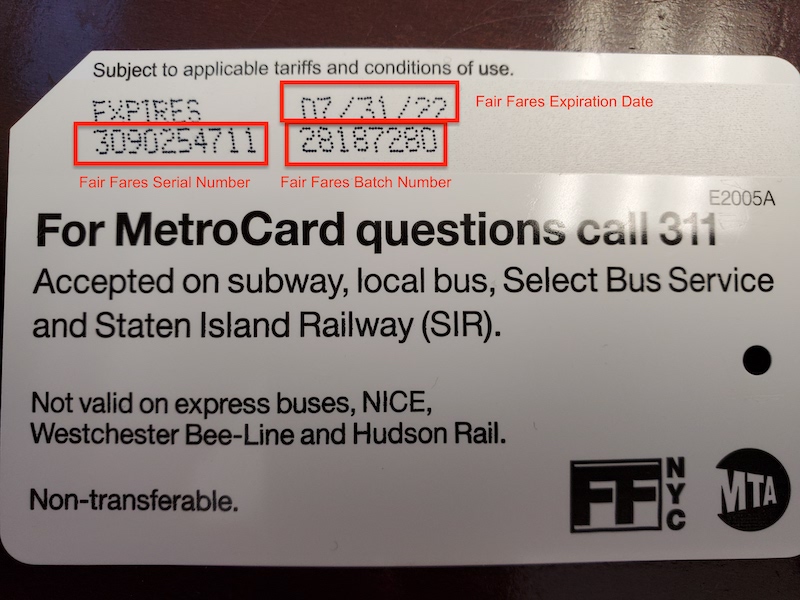
Fair Fares Metro Card Image
How prices are estimated. In most cities, your cost is calculated up front, before you confirm your ride. In others, you will see an estimated price range (see applicable price terms in your city). Here are some fees and factors that can affect your price:

Fair vs FareDifference Between And Examples
to be fair phrase Add to word list Add to word list considering everything that has an effect on a situation, so that a fair judgment can be made: He's done the job badly but, to be fair, I gave him very little time to do it. To be fair, he can come across as being a bit condescending.

fair and fare difference
4. Fair is the standard word in modern English, and is usually what's appropriate. Faire and fayre are older spellings, used in specific names but not widely used as generic terms today. So a fair might call itself The Cottesloe Village Faire to evoke historical associations; but except when referring to it by name, it would still usually be.
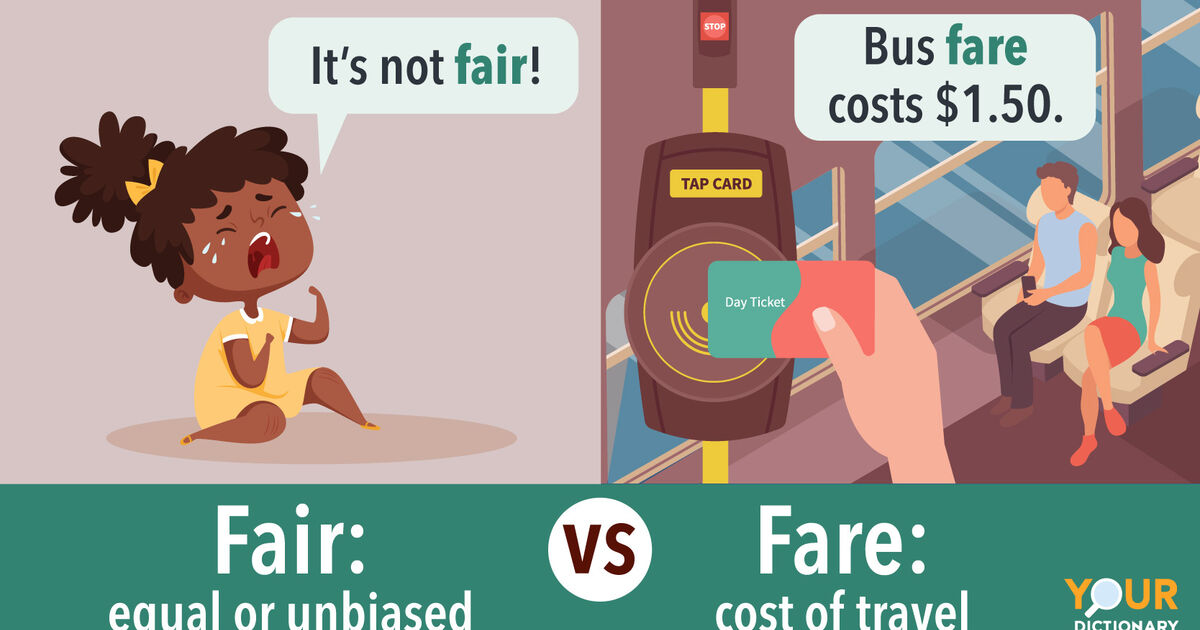
🏆 Define fair weather friend. Fair weather friend. 20221018
As a noun Both fair and fare can be nouns, and both are quite common. But there are more senses of fare. As an adjective Only fair is used as an adjective. Speaking of fair skies, what's the difference between weather and climate? As a verb Fare is much more commonly used as a verb.

Difference Between Fair and Fare
to be fair meaning: 1. considering everything that has an effect on a situation, so that a fair judgment can be made…. Learn more.